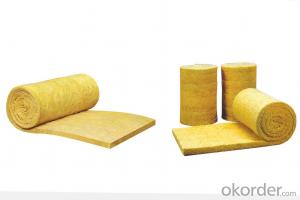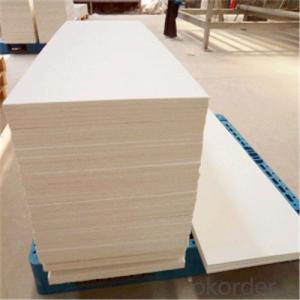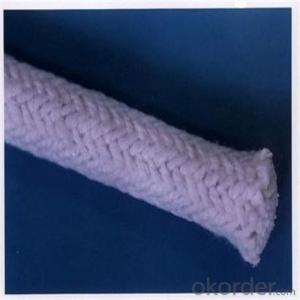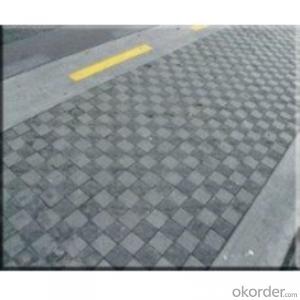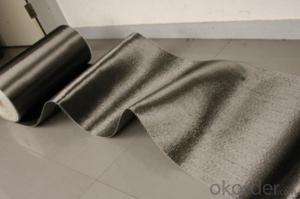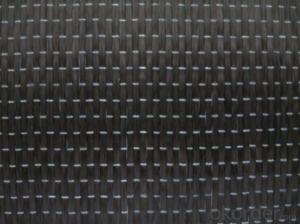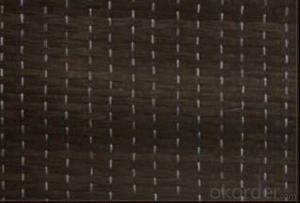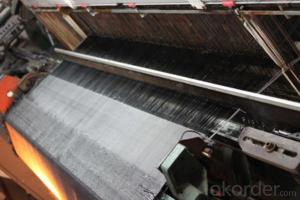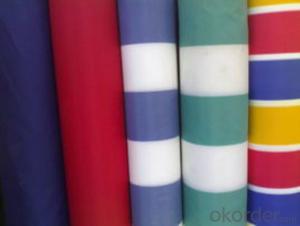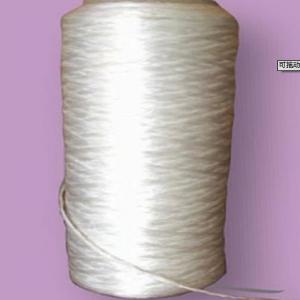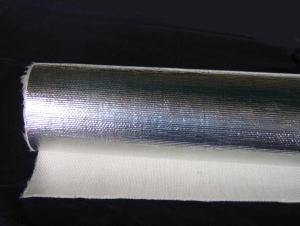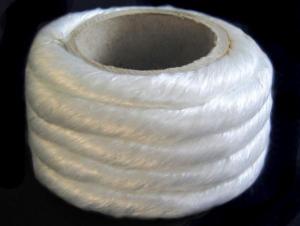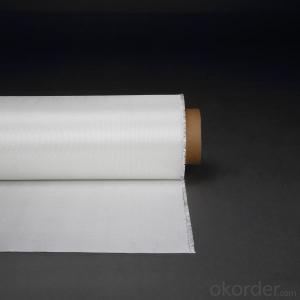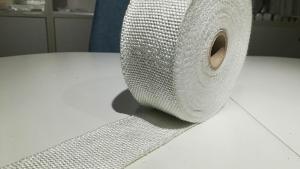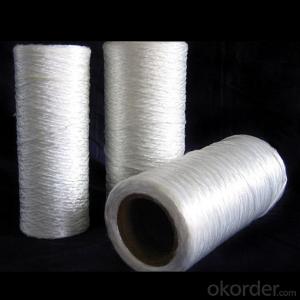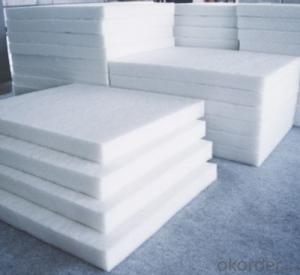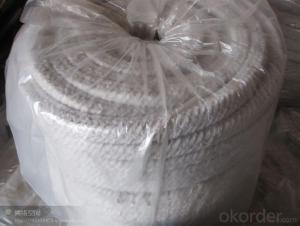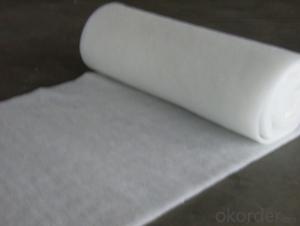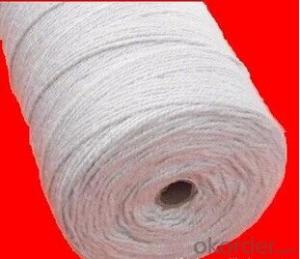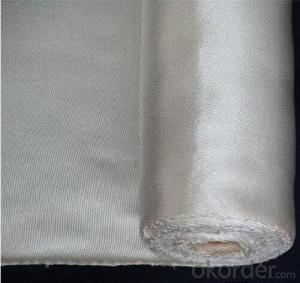Glass Fiber Thermal Insulation Wool Blankets
- Loading Port:
- Qingdao
- Payment Terms:
- TT OR LC
- Min Order Qty:
- 5000 m.t.
- Supply Capability:
- 10000 m.t./month
OKorder Service Pledge
OKorder Financial Service
You Might Also Like
Specifications
1.cheap wool blankets
2.Sound absorption and noise reduction
3.Easy for construction
4.Grade A1 fireproof
Advantages and features about glass fiber thermal insulation cheap wool blankets in china
1. excellent thermal insulation--very low thermal conductivity coefficients
2. excellent acoustic insulation--can reduce noise and sound transmitting
3. non-corrisive, durable
4. moisture resistant, fire resistant
5. good strength to resist deformation
Item | glass fiber thermal insulation cheap wool blankets in china |
Material | Main raw material: glass |
Application | Wall inslation, ceiling, roofing, heat insulation, iron air conduct, building and construction project, air conditioner, refrigeration equipment, damping, sound absorption and noise reduction, boilers, reaction vessels, tanks, ducts, high temperature workshop and chemical industries, so on. |
Size | Volume weight: 10-72 kg/m3 Thickness: 25-100mm Length: 3-20m Width: 1200mm |
Highest Usage Temperature | 450C |
Heat Conduct Coefficient | 0.045-0.032 W/mk |
Hydrophobic | >98.5 |
Incombustibility | Qualified Grade A |
Color | Yellow, White, Pink |
Packing | Chinese standard vacuumized woven bag or as your design |
Delivery time | Within 3-7 days |
Port of loading | China main port |
- Q:Can glass fiber textiles be used in spacecraft components?
- Yes, glass fiber textiles can be used in spacecraft components. They offer lightweight and strong materials that can withstand extreme temperatures and provide insulation.
- Q:Polyester fiber fabric clothes will cross it out
- No, polyester fiber is actually polyester.Polyester fiber generally refers to polyester fiberAdvantages: fabric crisp, smooth, bright color. Pregnant bone elastic, moisture absorption, good ventilation, smooth surface, there is a certain waterproof function.
- Q:Are glass fiber textiles resistant to shrinkage?
- Yes, glass fiber textiles are highly resistant to shrinkage. Glass fibers are known for their excellent dimensional stability, meaning they do not significantly shrink or expand when exposed to heat or moisture. This property makes glass fiber textiles ideal for applications where stability and consistency of size are important, such as in construction materials, insulation products, and various industrial applications. Additionally, the high melting point of glass fibers further enhances their resistance to shrinkage, as they can withstand high temperatures without undergoing any significant changes in size or shape. Overall, glass fiber textiles are widely recognized for their exceptional resistance to shrinkage, making them a reliable choice in various industries.
- Q:Are glass fiber textiles resistant to warping?
- Glass fiber textiles, due to their construction with fine strands of glass, possess the ability to withstand warping. These textiles are woven together to create a fabric that is both strong and flexible. The glass fibers themselves exhibit high tensile strength and minimal thermal expansion, resulting in exceptional resistance to warping. Consequently, glass fiber textiles retain their shape and integrity, even when subjected to extreme temperatures or pressure. Moreover, these textiles offer resistance against moisture, chemicals, and UV radiation, which further bolsters their capacity to resist warping. Overall, the dimensional stability of glass fiber textiles is highly regarded, making them a popular choice in industries where warping is a concern, such as aerospace, automotive, and construction.
- Q:Can glass fiber textiles be used for insulation?
- Yes, glass fiber textiles can be used for insulation. They are commonly used in various applications such as buildings, pipes, and electrical equipment to provide thermal insulation due to their low thermal conductivity and high resistance to heat transfer.
- Q:Do glass fiber textiles have good tensile strength?
- Yes, glass fiber textiles have excellent tensile strength.
- Q:How are glass fiber textiles used in the electronics industry?
- Glass fiber textiles are widely used in the electronics industry for a variety of applications. One of the primary uses of glass fiber textiles is for insulation purposes. These textiles are highly resistant to heat and have excellent electrical insulation properties, making them ideal for creating protective barriers around sensitive electronic components. This insulation helps to prevent heat transfer and electrical short circuits, ensuring the safe operation of electronic devices. Glass fiber textiles are also used in the manufacturing of printed circuit boards (PCBs). PCBs are the backbone of electronic devices, providing the necessary connections between various components. Glass fiber textiles, in the form of epoxy glass laminates, are used as the base material for PCBs. The textiles are impregnated with epoxy resin and then layered with copper sheets, creating a strong and durable substrate for the circuitry. Moreover, glass fiber textiles are utilized for reinforcing electronic components. By incorporating glass fibers into the manufacturing process of various electronic parts, such as connectors, switches, and housings, the overall strength and structural integrity of these components are enhanced. This reinforcement allows for better resistance against mechanical stress, such as impacts or vibrations, ensuring the longevity and reliability of electronic devices. In addition, glass fiber textiles find applications in electromagnetic shielding. The textiles can be woven into conductive fabrics, which can be used to create shielding enclosures or covers for electronic devices. This shielding helps to prevent electromagnetic interference (EMI) and radio frequency interference (RFI) from affecting the performance of sensitive electronic circuits. By effectively blocking these interferences, glass fiber textiles contribute to maintaining the quality of signal transmission and reception in electronic devices. Overall, glass fiber textiles play a vital role in the electronics industry by providing insulation, serving as PCB substrates, reinforcing electronic components, and contributing to electromagnetic shielding. Their thermal and electrical insulation properties, combined with their strength and durability, make them an essential material for ensuring the proper functioning and protection of electronic devices.
- Q:Can glass fiber textiles be used in insulation blankets?
- Yes, glass fiber textiles can be used in insulation blankets. Glass fiber textiles, also known as fiberglass textiles, are commonly used in insulation materials due to their excellent thermal insulation properties. They have a high resistance to heat transfer and can effectively retain heat, making them ideal for insulating blankets. Glass fiber textiles are lightweight, flexible, and can be easily customized to fit different applications, making them a popular choice for insulation blankets. Additionally, they are non-combustible and have good resistance to chemicals, which further enhances their suitability for insulation purposes.
- Q:How does glass fiber textile perform in terms of impact resistance?
- Glass fiber textile is known for its excellent impact resistance properties. Due to its composition of strong and flexible glass fibers, it can withstand high levels of impact without breaking or shattering. This makes it highly suitable for applications where impact resistance is crucial, such as in protective clothing, bulletproof vests, and high-performance sports equipment. Glass fiber textile is also resistant to deformation under impact, meaning it retains its shape and structural integrity even after being subjected to significant forces. Overall, glass fiber textile performs exceptionally well in terms of impact resistance and is a preferred choice in various industries where durability and safety are paramount.
- Q:How do glass fiber textiles perform in terms of breathability?
- Glass fiber textiles generally have poor breathability. The tightly woven structure of glass fibers restricts air flow, making it less breathable compared to other textile materials such as cotton or linen.
1. Manufacturer Overview |
|
|---|---|
| Location | |
| Year Established | |
| Annual Output Value | |
| Main Markets | |
| Company Certifications | |
2. Manufacturer Certificates |
|
|---|---|
| a) Certification Name | |
| Range | |
| Reference | |
| Validity Period | |
3. Manufacturer Capability |
|
|---|---|
| a)Trade Capacity | |
| Nearest Port | |
| Export Percentage | |
| No.of Employees in Trade Department | |
| Language Spoken: | |
| b)Factory Information | |
| Factory Size: | |
| No. of Production Lines | |
| Contract Manufacturing | |
| Product Price Range | |
Send your message to us
Glass Fiber Thermal Insulation Wool Blankets
- Loading Port:
- Qingdao
- Payment Terms:
- TT OR LC
- Min Order Qty:
- 5000 m.t.
- Supply Capability:
- 10000 m.t./month
OKorder Service Pledge
OKorder Financial Service
Similar products
New products
Hot products
Hot Searches
Related keywords
